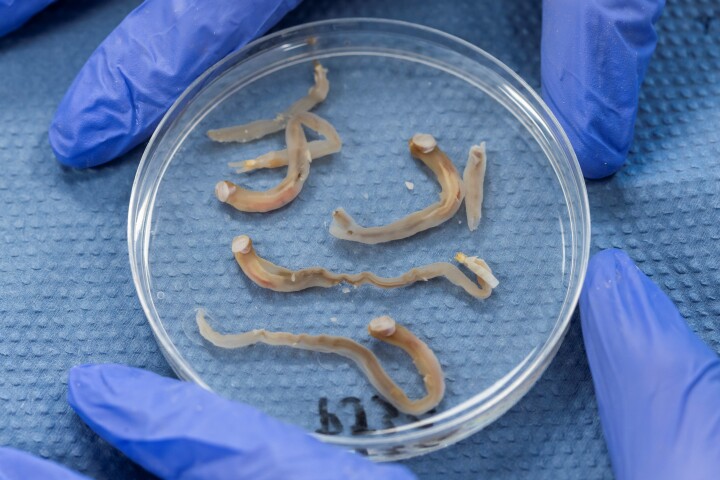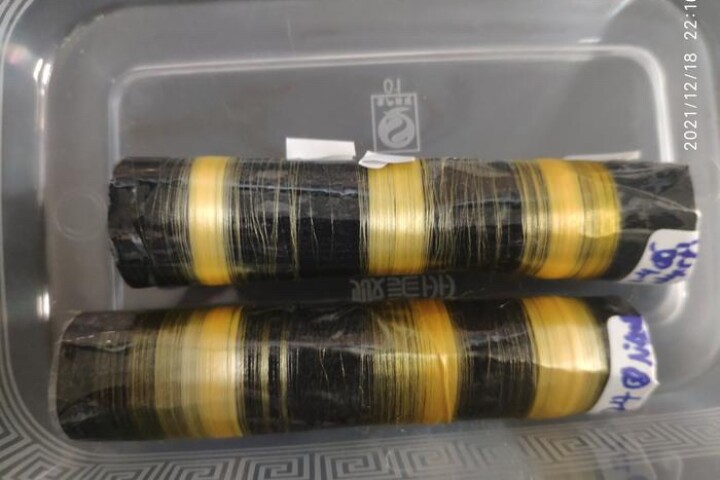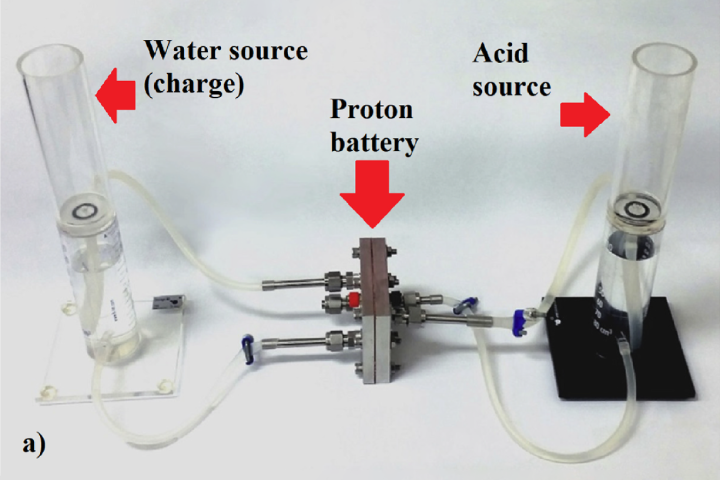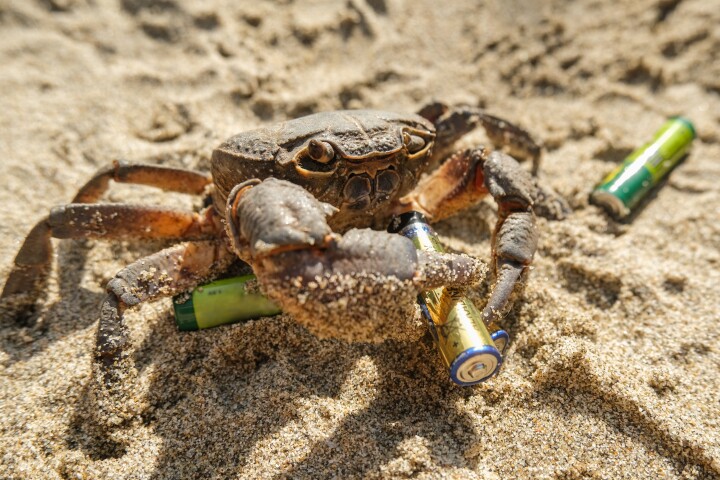Sustainable
-
For centuries, shipworms have vexed mariners by boring into – and consuming – the hulls of wooden ships and boats. Soon, though, we may actually be eating those "worms," as they have successfully been farmed for the first time.
-
Researchers have developed a plant-based hydrogel to create shape-changing, navigable small-scale robots with potential applications in biomedicine, including conducting medical procedures and delivering therapeutic cargo to cells and tissues.
-
For the first time, scientists have successfully produced full-length spider silk fibers using genetically modified silkworms. This silk has the potential to provide a scalable, sustainable and better-quality alternative to current synthetic fibers.
-
Keeping panels clear of dust in large solar farms can be a time-consuming, wasteful and costly business. A startup called the Reiwa Engine has developed an autonomous robot called SandStorm to reduce maintenance and cleaning costs by as much as 80%.
-
The Draft Top is designed to take your beer can (and other drinks) to a new level. It cleanly and smoothly removes the lid from an aluminum vessel, allowing for better taste, less bloat, imaginative creations and, afterwards, some clever repurposing.
-
For all its uses, plastic is unfortunately one of our least sustainable materials. Now, scientists at Berkeley Lab have developed a way to engineer bacteria to produce raw materials that can be made into plastics that are completely recyclable.
-
RMIT engineers say they've tripled the energy density of cheap, rechargeable, recyclable proton flow batteries, which can now challenge commercially available lithium-ion batteries for capacity with a specific energy density of 245 Wh/kg.
-
The communications and nutrients support system of fungi, mycelium, can stretch hundreds of miles beneath our feet. Now, researchers have harnessed another of its bio-superpowers to engineer a sustainable, safe and effective fire-retardant material.
-
Paracetamol and ibuprofen are among the world’s most common painkillers, but manufacturing them requires crude oil. Now, researchers have developed a more sustainable method, creating the drugs out of waste products from the paper industry.
-
Because they're made of vulcanized rubber, old tires can't simply be melted down and used to make new tires. Such is reportedly not the case, however, with new rubber-free tires made from eco-friendly elastomers.
-
That plate of smashed crab legs about to be cleared from the dining table and tossed in the trash might actually be the future of rechargeable batteries. A new discovery for its use in sodium-ion technology has researchers certainly believing so.
-
A Royal Air Force Voyager air-to-air refueling tanker made history on November 16, becoming the world's first in-service military aircraft to complete a flight using 100% Sustainable Aviation Fuel (SAF) for both engines.
Load More











